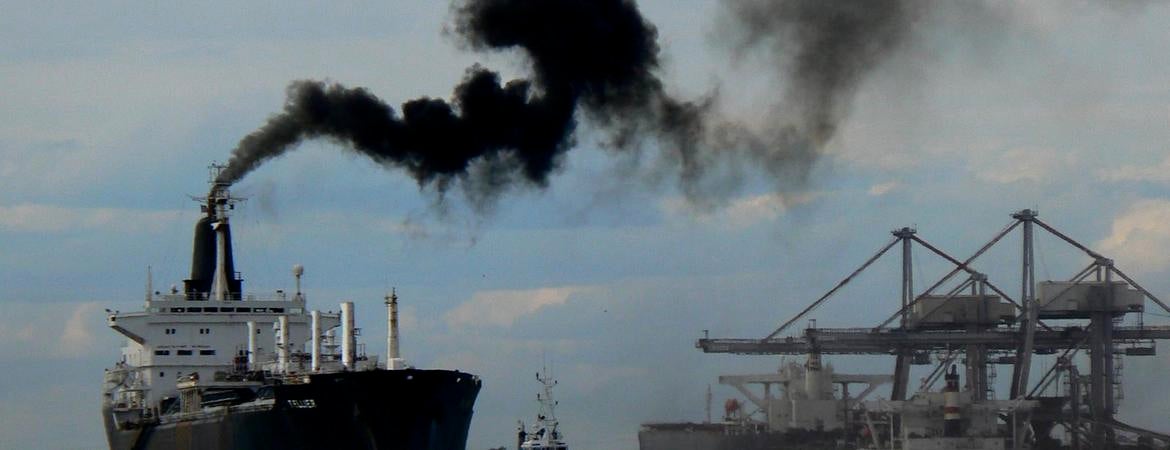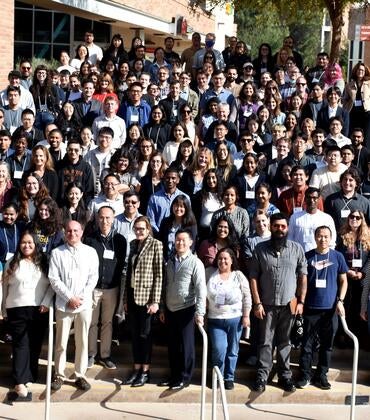UC Riverside mechanical engineering professor Heejung Jung has received a National Science Foundation grant in collaboration with Stephen Cronin at the University of Southern California to study the fundamental mechanisms of plasma-enhanced electrostatic precipitation of diesel particulate matters to clean up emissions from boats, ferries, and big ships. USC leads the effort, though the $420,000 grant is split equally between the two institutions.
“While diesel particulate emissions are well controlled and regulated for ground applications such as vehicles and off-road equipment, the majority of medium and large marine diesel engines are still spewing lots of diesel particulate matter into the atmosphere due to lack of proper control technology and less stringent regulations,” explained Jung.
Diesel particulates, also known as black carbon, are carcinogens and global warming air pollutants. Electrostatic precipitation uses a filterless device to remove fine particles from a glowing plasma, a gas of ions and free electrons, using an electrostatic charge. The team’s prototype devices have shown significant improvement in mitigating diesel particulate matters compared to conventional electrostatic precipitators
Jung aims to understand the fundamental mechanisms of plasma-enhanced electrostatic precipitators for marine applications.
“Our team aims to clean up diesel particulate matter in the atmosphere above oceans and at the ports globally with this device,” he said.
Thumbnail photo: Wikimedia Commons





